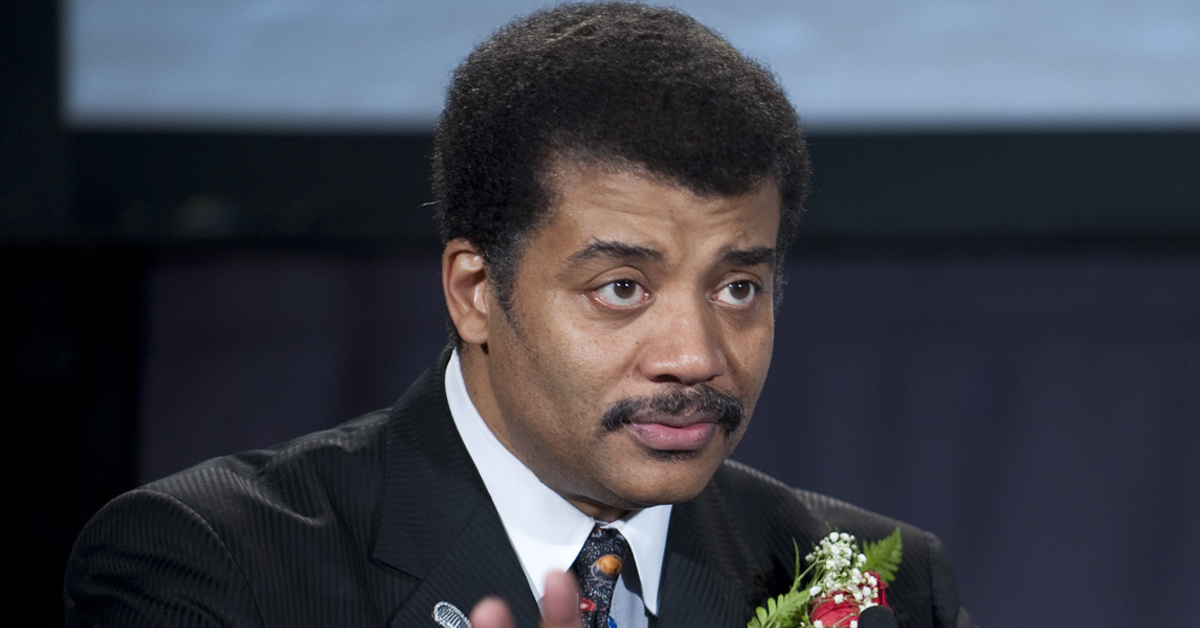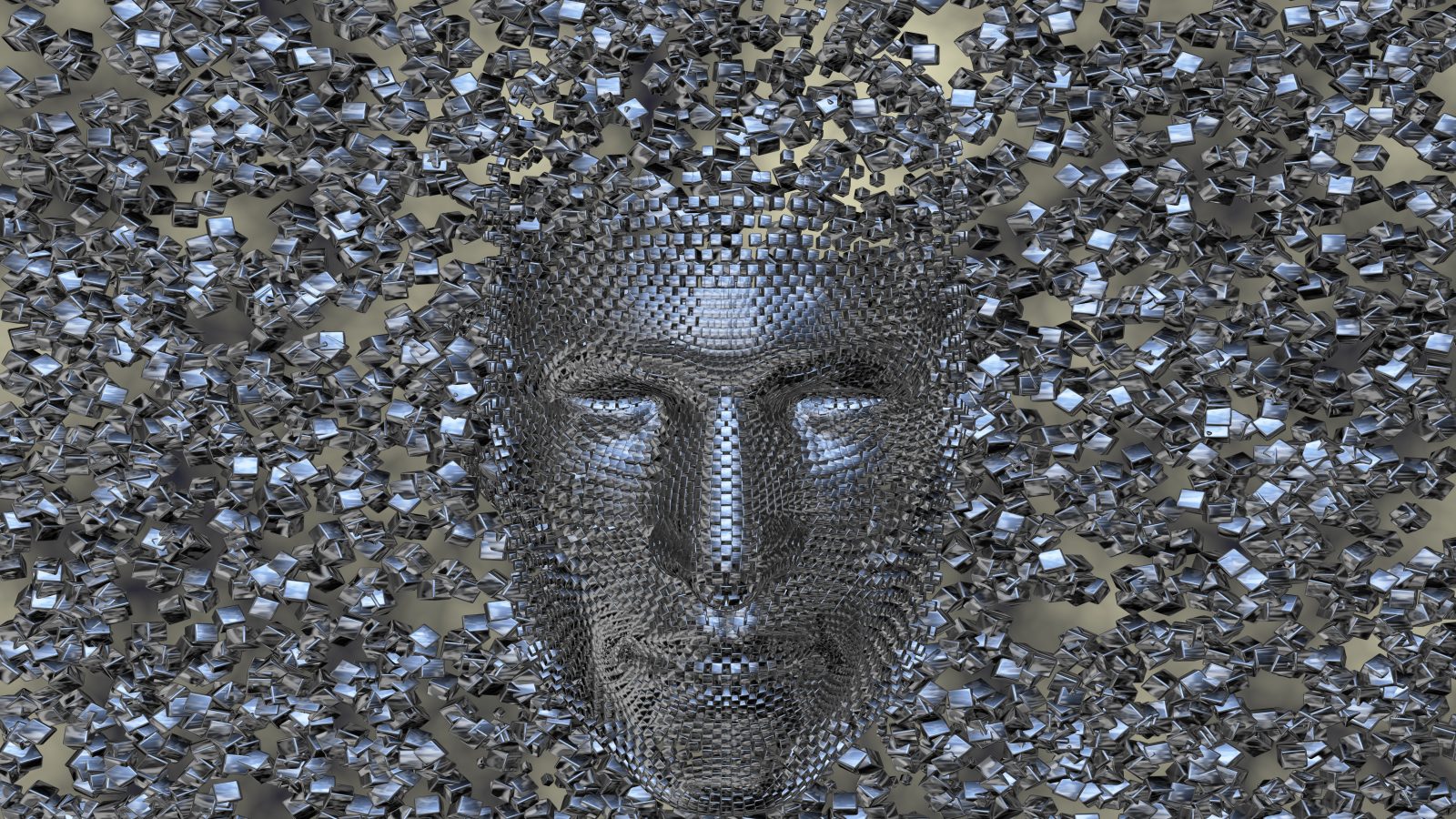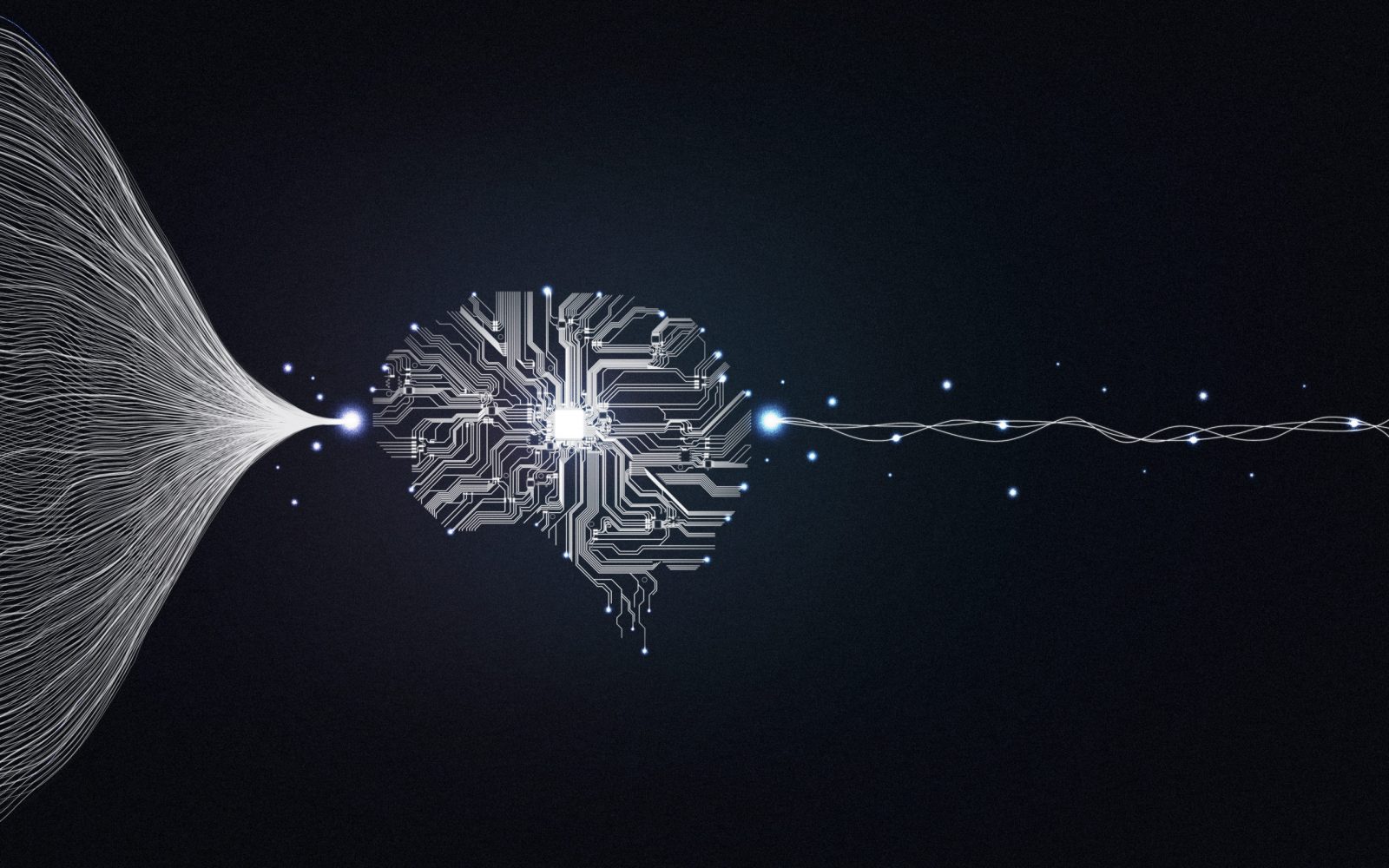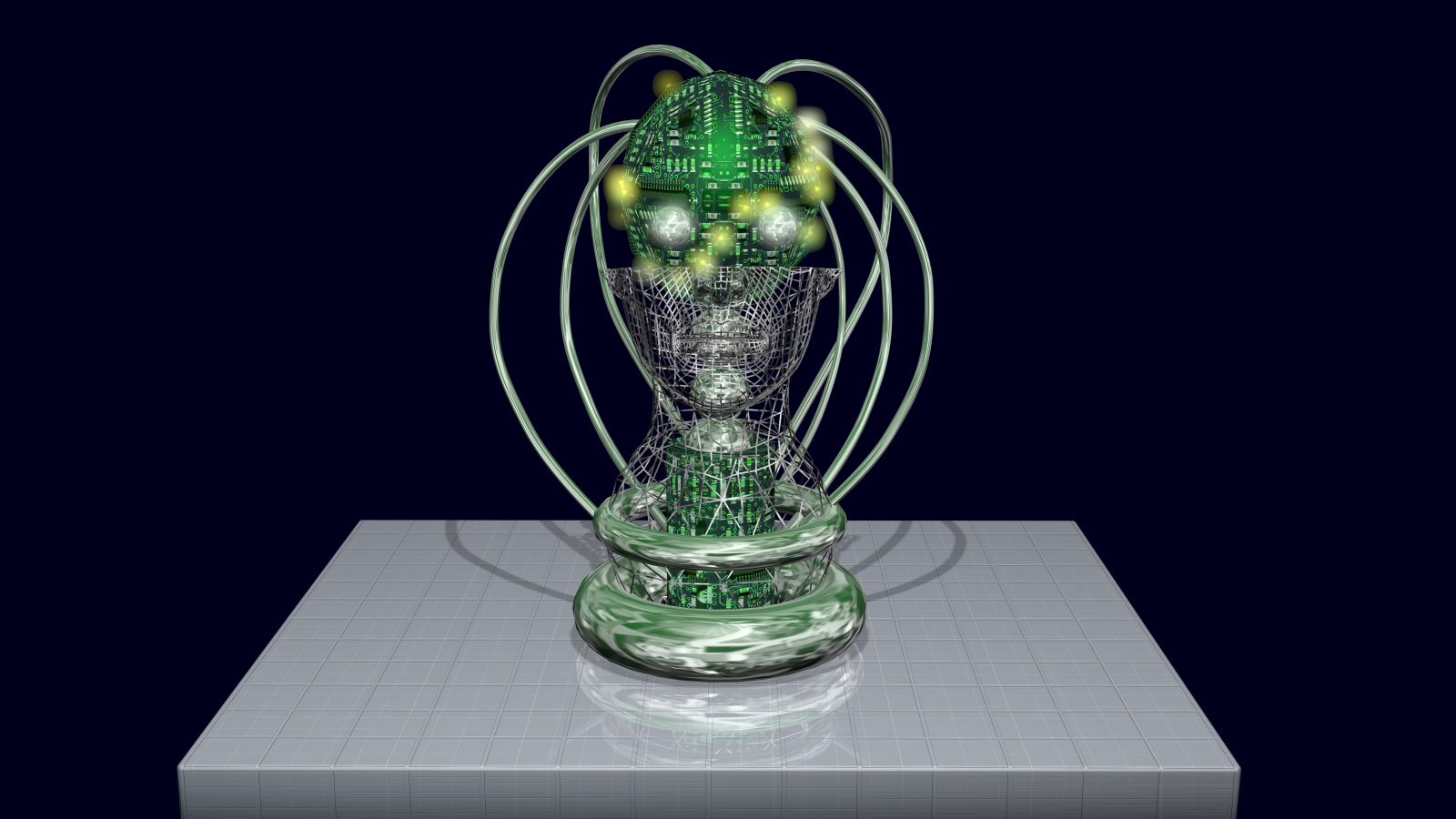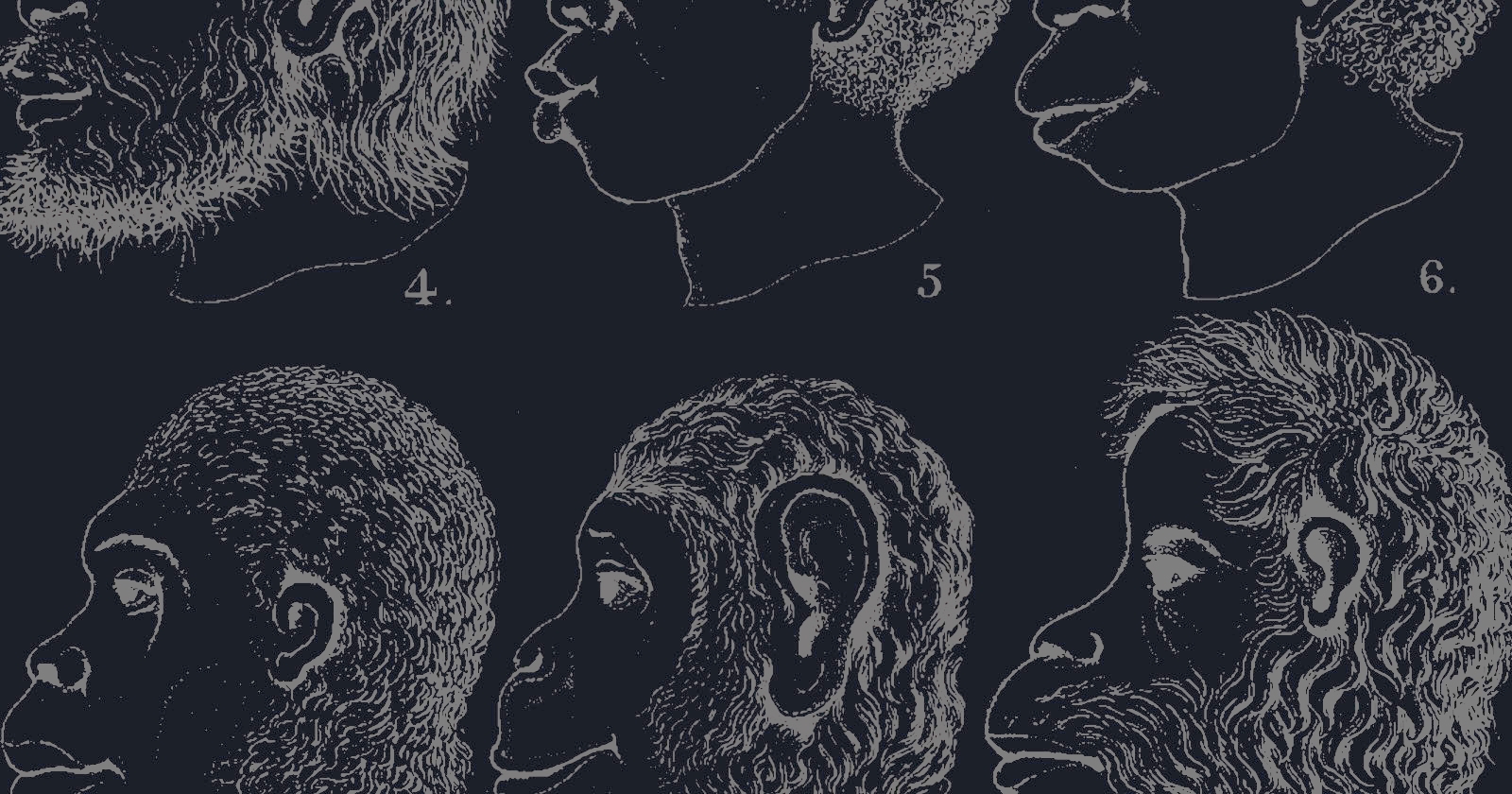
Darwinian Racism Webinar, Pt. 2
Today’s ID the Future features the second half of a recent webinar spotlighting historian Richard Weikart and his new book, Darwinian Racism: How Darwinism Influenced Hitler, Nazism, and White Nationalism. Here Weikart fields questions from the webinar audience. Along the way Weikart touches on the connection between Darwinism and scientific racism, the objection that Darwinism, properly understood, doesn’t support scientific racism (much less Nazi racism), the racism inherent in Darwin’s own writings and those of prominent early Darwinists such as Ernst Haeckel, and more recent manifestations of Darwinian-inspired scientific racism both academic and populist. This and much more is explored in Weikart’s new book, available here. And for scientific reasons to reject Darwinism along with its racists implications, jump over to Evolution News and Science Today.
